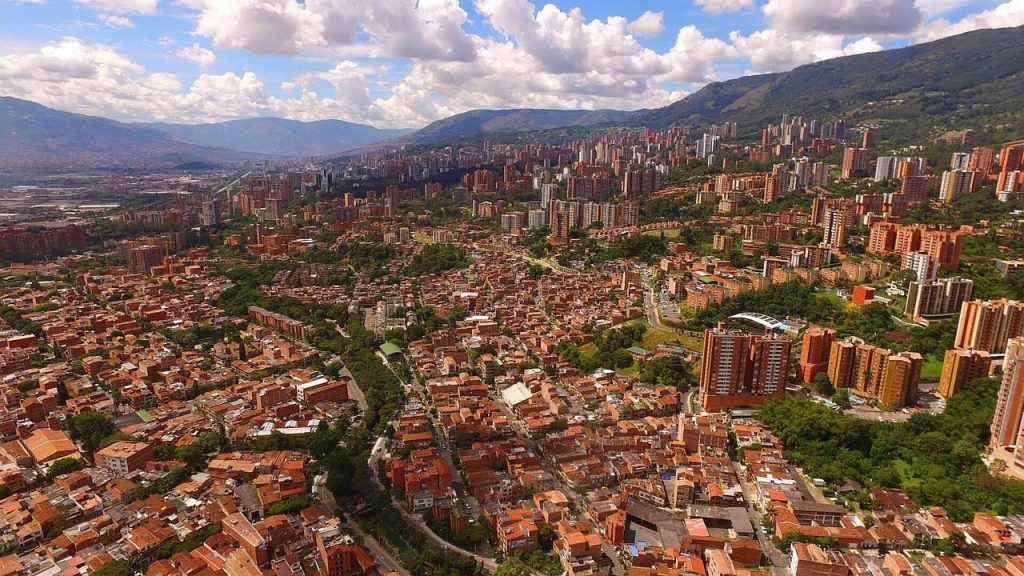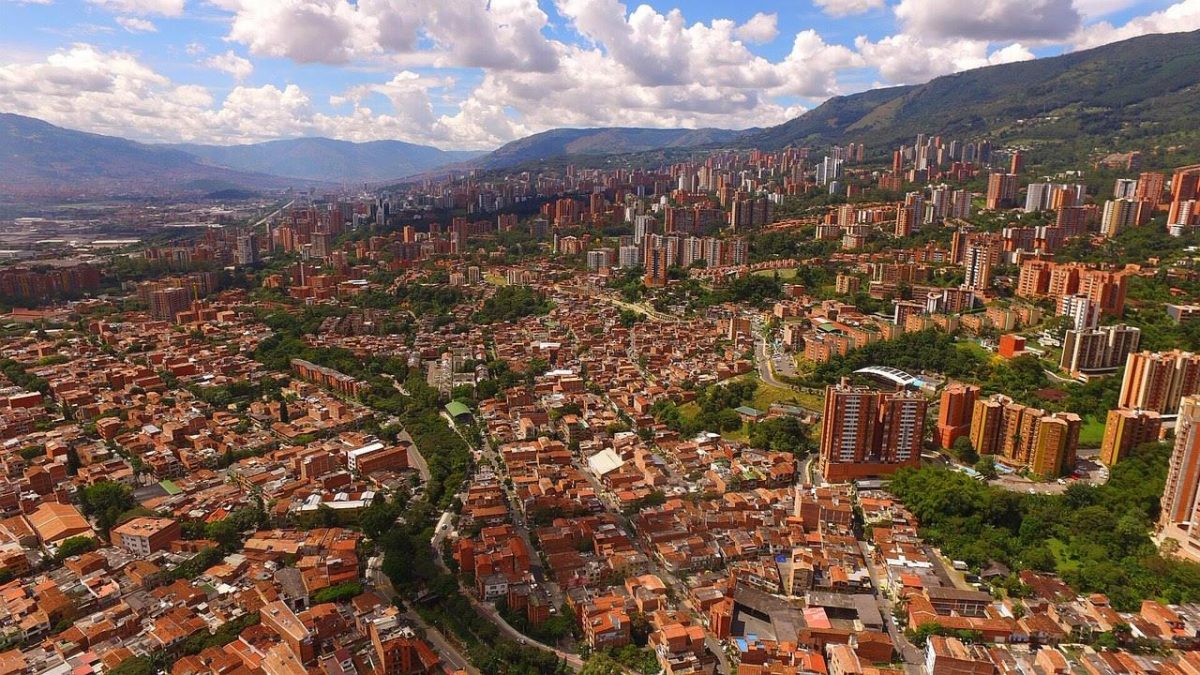
KwaDukuza triumphs as the national WWF One Planet City Challenge winner
June 2, 2020
Urban-LEDS cities support each other online in developing bankable, transformative projects
June 10, 2020The LEDS LAB initiative aims to help cities develop financeable projects with a clear climate approach. Topaga and Envigado’s projects both focus on greening public buildings.

In April 2020, the Ministry of Environment and Sustainable Development (MADS) published a manual with guidelines for the new mayors and governors to incorporate climate change into territorial development plans. The manual presents strategic tools for implementing policies and actions of adaptation and mitigation based on their ecosystems and the communities that inhabit them.
Entitled “Empowered territories for climate action”, the document places the Territorial Climate Change Management Plan of Tópaga as a reference of success, as well as the Cartago solar traffic lights project, ratifying the success of the Urban-LEDS II program in Colombian territory.
The LEDS Lab aims to build on this success and has two pillars: technical support and capacity building through training so the participating municipalities can develop climate projects that can more easily source financing. In addition, selected LEDS LAB cities are asked to share their to experiences with other Urban-LEDS cities, allowing other municipalities to replicate their successes. Both Topaga and Envigado have prioritised the greening of public buildings in their LAB process and this is now underway.
The pillars are based on steps five (Detailing and Financing) and six (Implementation and Monitoring) of the Green Climate Cities methodology, a methodological process built from 25 years of ICLEI’s expertise and experience that offers guide, tools, instruments, good practices and support in management processes for local climate planning.
The project also helps cities to form working groups and start a local transformation process. In Colombia, the initiative will also host webinars to involve stakeholders in the LEDS Lab process (such as banks, financial institutions, energy concessionaires, etc.)

